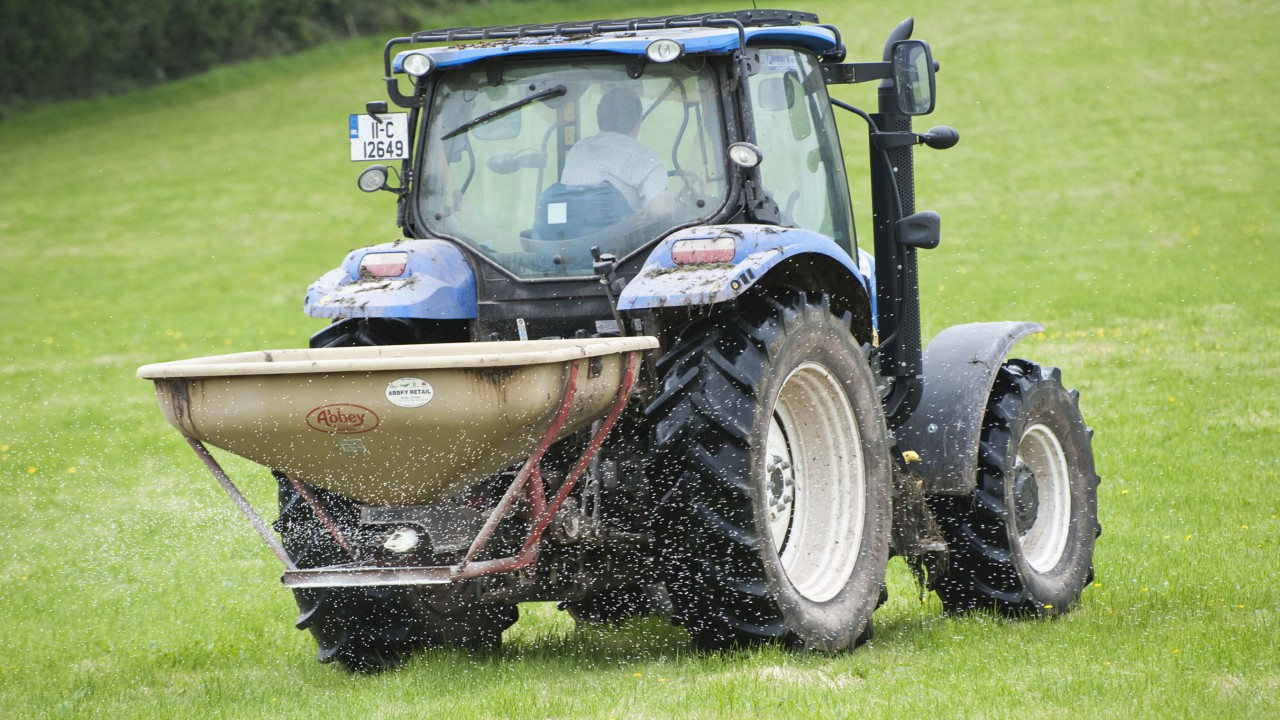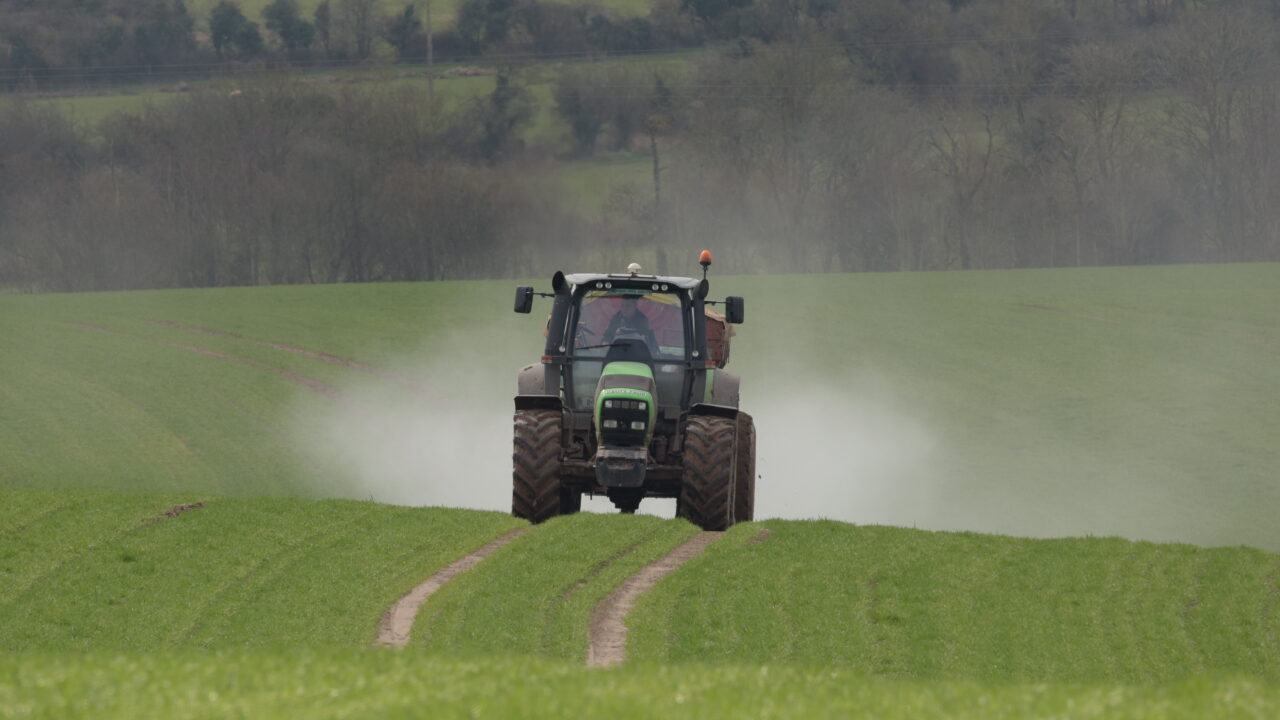There is enough fertiliser in Ireland to get us through until the end of September, the National Fodder and Food Security Committee has heard.
However, Liam Dunphy of the Irish Fertiliser Manufacturers and Blenders’ Association noted that there is no Phosphorus (P) and Potassium (K) stock in the country for the autumn.
He said that Ireland needs to source around half a million tonnes of fertiliser by the end of the year but there is no currently no appetite to do this at industry level as there is no demand from farmers.
“There needs to be more certainty as to what fertiliser is required or is there a mechanism to bring in this fertiliser to ensure that everyone along the supply chain is comfortable with what we are doing,” he said.
He did note that “the tillage sector is more awake than other sectors” and is actively seeking stock.
Dunphy also told the committee that it is estimated fertiliser use is back by around 25% this year.
“Is it possible to produce all the fodder we need and feed all the animals we have on the island with 25% less fertiliser?” he asked.
Dunphy added that the advice given to farmers in the coming months will be crucial.
He noted that the messaging to date had been to use less fertiliser but he questioned if this was the right thing to do for the remainder of the year.

Dunphy warned that there is huge uncertainty around the future markets.
He outlined that Ireland was importing around 40% of our fertiliser from Russian-associated companies, which are controlled by individuals who are now subject to sanctions arising from the war in Ukraine.
“So that fertiliser is effectively not available to us in Ireland anymore. You cannot deal with a sanctioned company,” he stated.
He explained that the biggest impact will be on phosphate, which has hit record prices.
The meeting heard that roughly three quarters of Irish phosphate came from those sanctioned companies in 2022.
Dunphy added that the US dollar and the Euro reaching parity on the exchange rate has also increased the price of fertiliser.
“We must remember in Ireland that we’re a small island on the edge of Europe with no native fertiliser production. We’re a small market – only 1.5 million tonnes. It’s very small in the overall scheme of things, we are a price taker as such,” he said.
He also told the meeting that gas prices are climbing back towards the record highs seen in March, following the Russian invasion of Ukraine.
